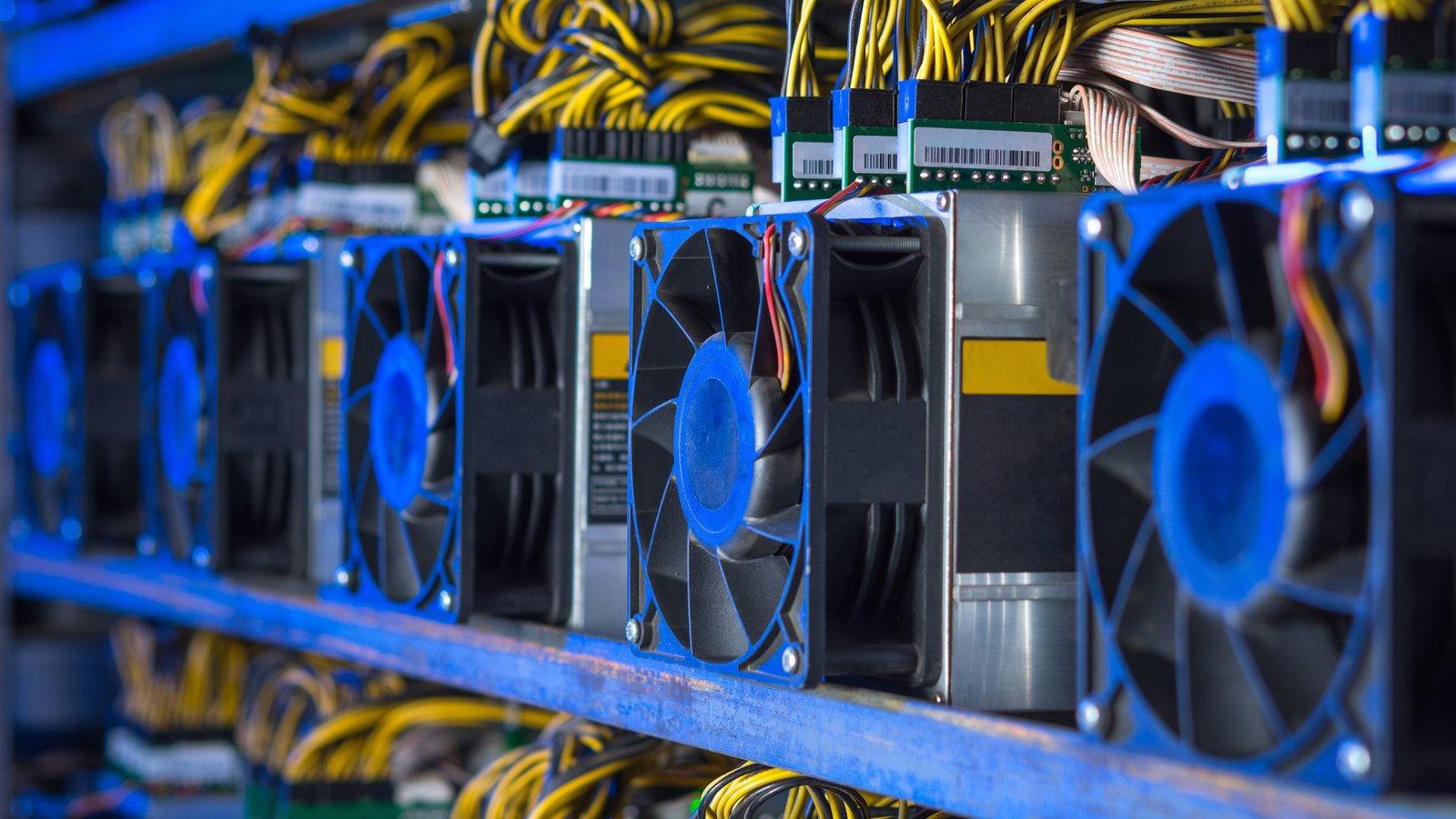Paraguay Raises Electricity Tariffs for Cryptocurrency Mining
08.07.2024 14:00 1 min. read Alexander Stefanov
The Paraguayan National Electricity Administration (ANDE) has announced a significant 14% increase in electricity tariffs specifically targeting Bitcoin and other cryptocurrency mining operations.
This decision has raised concerns about the sustainability of these activities within the country. According to local media, the tariff adjustment affects various aspects of crypto asset mining, including blockchain, token, and data center operations.
The response from industry leaders and proponents of Bitcoin was swift, with criticism voiced by politicians and elected senators.
Senator Salyn Buzarquis strongly condemned the move, arguing it reveals internal contradictions within the Paraguayan government and could deter future investments in the sector. Buzarquis pointed out the perceived injustice, noting that these companies have already made significant financial commitments in Paraguay.
The revised tariff policy might prompt Bitcoin miners to explore more economically viable alternatives, echoing recent shifts observed towards Argentina, where lower energy costs and favorable tax conditions have drawn interest.
This development reflects a broader trend across Latin American nations as they navigate evolving economic dynamics and reassess their stance on cryptocurrency mining.
-
1
Elon Musk Unveils His Own ‘America Party,’ Signals Pro-Bitcoin Political Shift
07.07.2025 11:40 2 min. read -
2
Bitcoin Blasts Past $121,000 as Institutions Fuel Rally—Will Altcoins Follow?
14.07.2025 8:15 2 min. read -
3
Bitcoin: What to Expect After Hitting a New All-time High
10.07.2025 14:00 2 min. read -
4
Peter Brandt Issues Cautious Bitcoin Warning Despite Bullish Positioning
10.07.2025 20:00 2 min. read -
5
Vanguard Now Owns 8% of Michael Saylor’s Strategy, Despite Calling BTC ‘Worthless’
15.07.2025 17:09 2 min. read
Global Money Flow Rising: Bitcoin Price Mirrors Every Move
Bitcoin is once again mirroring global liquidity trends—and that could have major implications in the days ahead.
What is The Market Mood Right Now? A Look at Crypto Sentiment And Signals
The crypto market is showing signs of cautious optimism. While prices remain elevated, sentiment indicators and trading activity suggest investors are stepping back to reassess risks rather than diving in further.
What Price Bitcoin Could Reach If ETF Demand Grows, According to Citi
Citigroup analysts say the key to Bitcoin’s future isn’t mining cycles or halving math—it’s ETF inflows.
Is Bitcoin’s Summer Slowdown a Buying Opportunity?
Bitcoin may be entering a typical summer correction phase, according to a July 25 report by crypto financial services firm Matrixport.
-
1
Elon Musk Unveils His Own ‘America Party,’ Signals Pro-Bitcoin Political Shift
07.07.2025 11:40 2 min. read -
2
Bitcoin Blasts Past $121,000 as Institutions Fuel Rally—Will Altcoins Follow?
14.07.2025 8:15 2 min. read -
3
Bitcoin: What to Expect After Hitting a New All-time High
10.07.2025 14:00 2 min. read -
4
Peter Brandt Issues Cautious Bitcoin Warning Despite Bullish Positioning
10.07.2025 20:00 2 min. read -
5
Vanguard Now Owns 8% of Michael Saylor’s Strategy, Despite Calling BTC ‘Worthless’
15.07.2025 17:09 2 min. read


